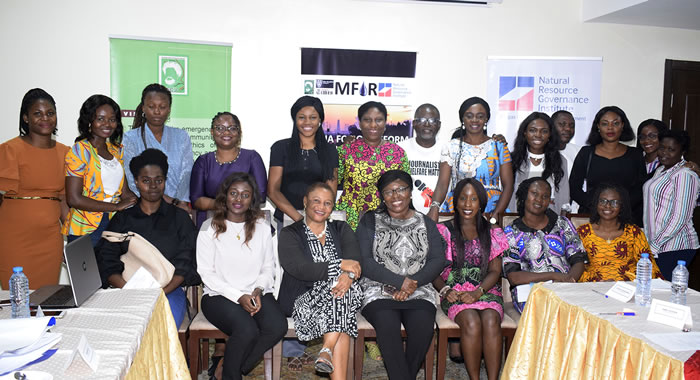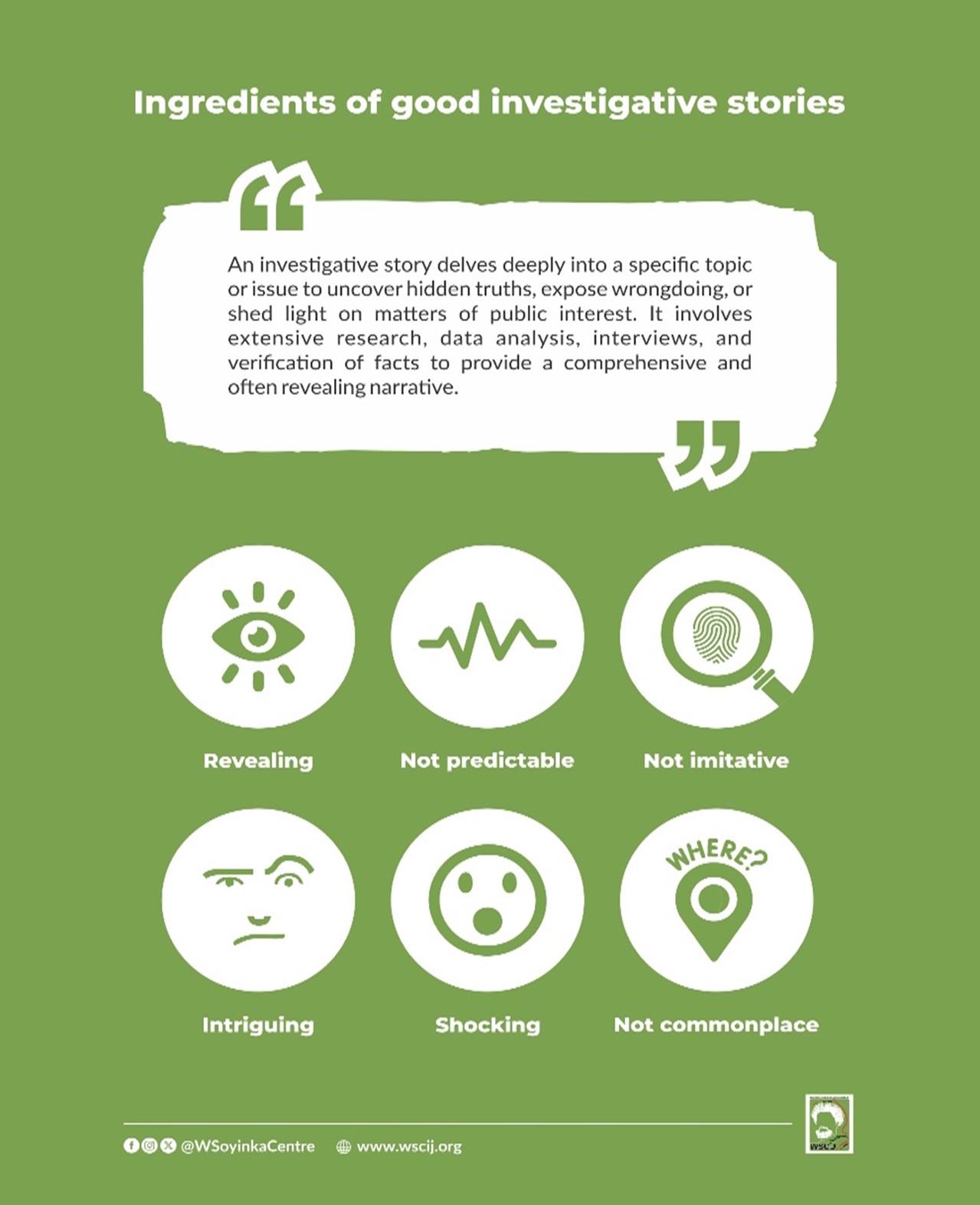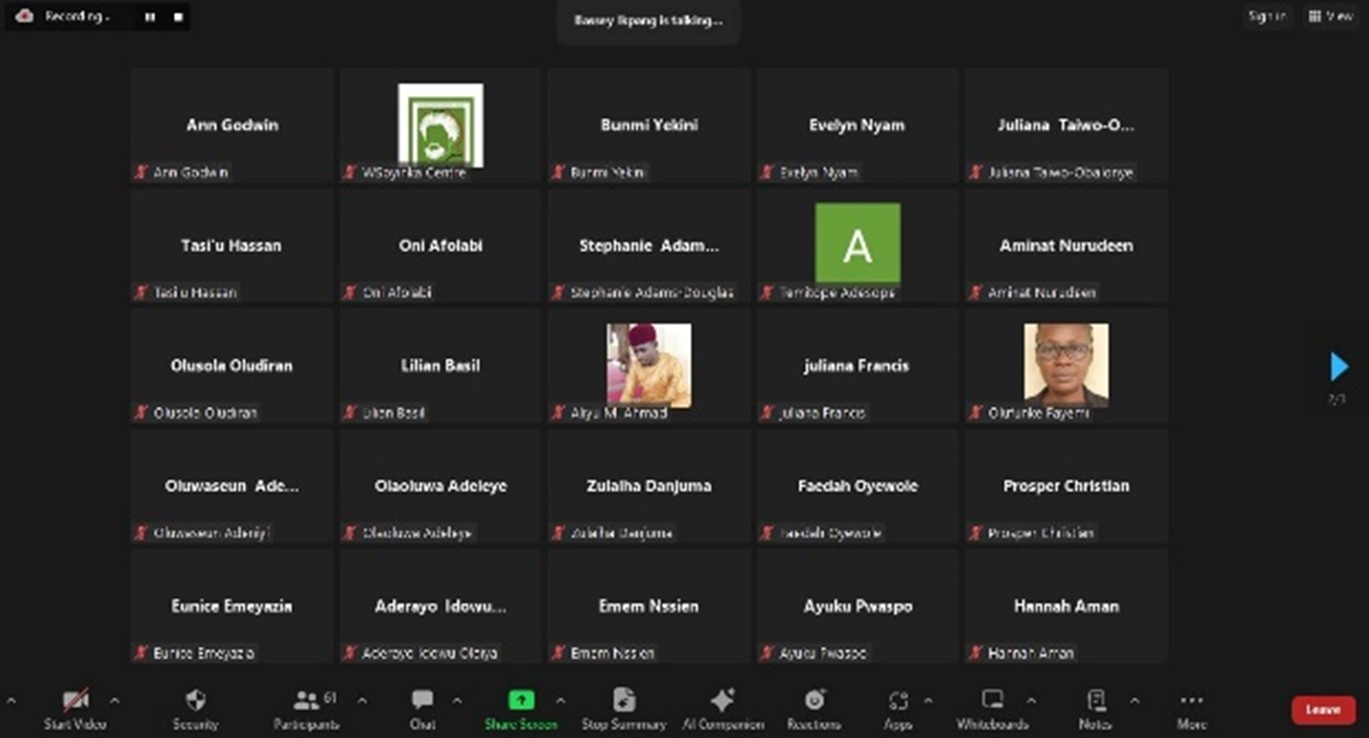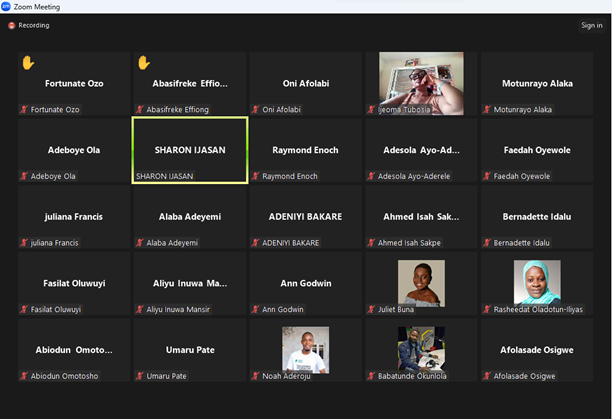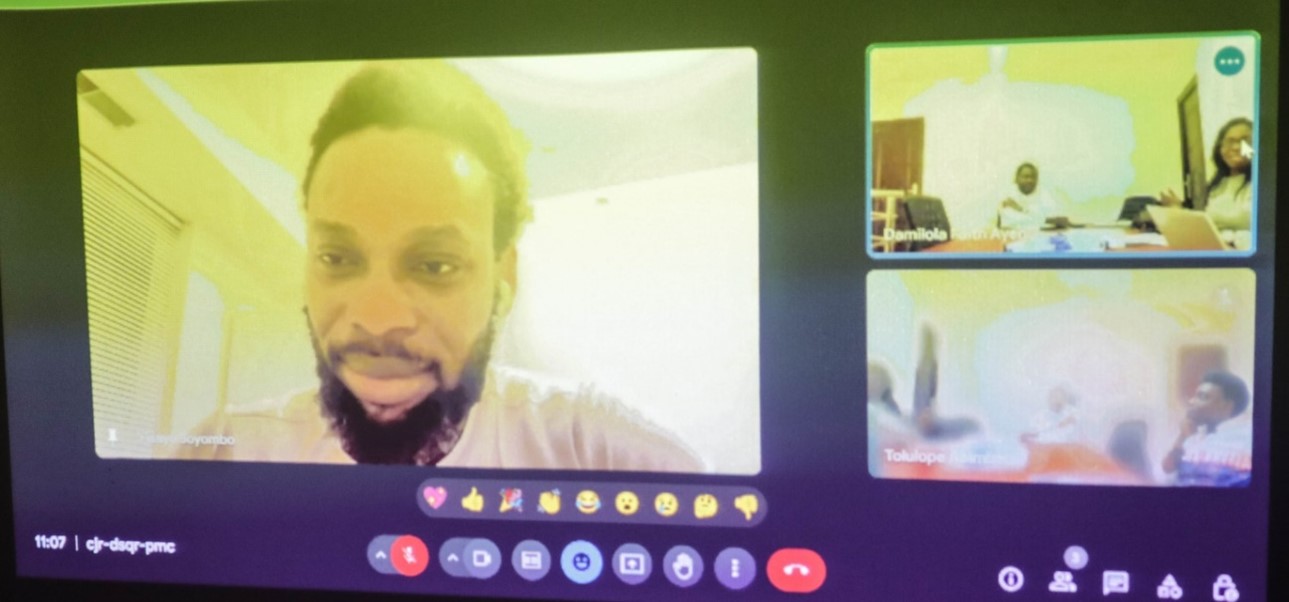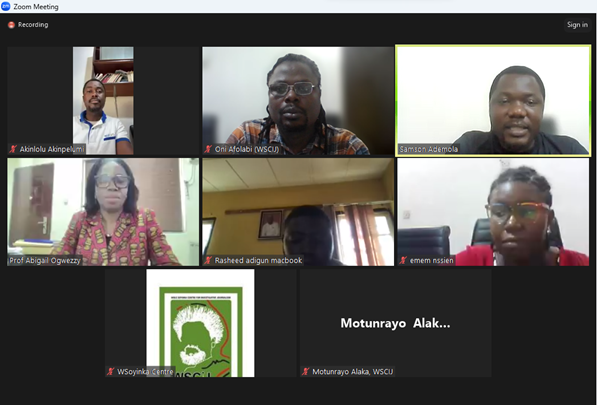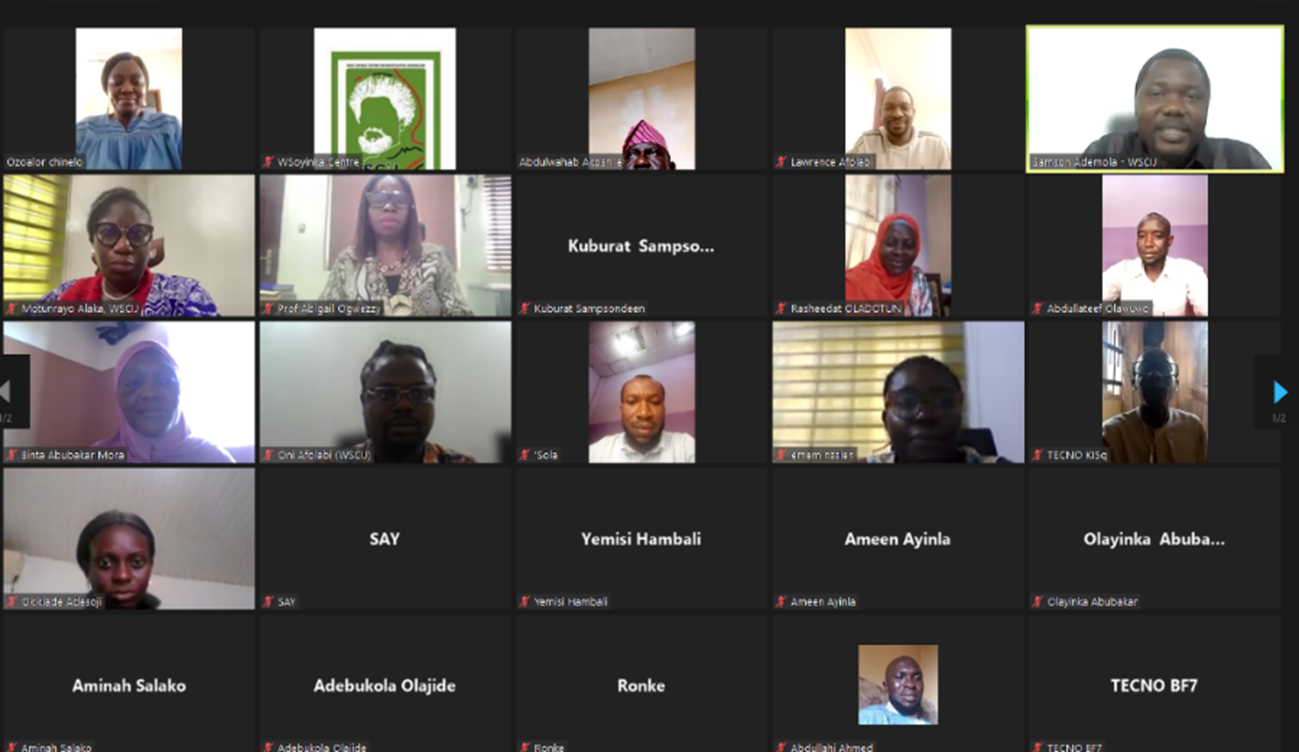On Friday, 7 September 2018, female journalists with experience and interest in the Nigerian extractive sector met at Shoregate Hotel, Ikeja, Lagos, at a dialogue session organised by the Wole Soyinka Centre for Investigative Journalism (WSCIJ) in partnership with the Natural Resource Governance Institute (NRGI), to discuss how to give voice to women in the men-dominated sector.
The meeting tagged “Gender and the Extractives Dialogue” was moderated by Lekan Otufodunrin, Online Editor with The Nation Newspaper. 18 participants from the print, online and broadcast media as well as resource persons were in attendance. The forum, according to Motunrayo Alaka, the WSCIJ Coordinator, was organised to hear from female journalists on the challenges they face covering the extractives, especially on why it appears difficult for female reporters to thrive in the sector.
In her goodwill message, Toyin Akinniyi, Media Development Associate at NRGI acknowledged the central role journalists play in setting agenda, framing the gender question and bringing about the much needed change by informing the citizens and policy makers.
While using data and WSCIJ’s experience to validate the status of female reporters in the oil and gas sector, Motunrayo Alaka, emphasised that it is important that stakeholders raise discussion around the participation of female reporters in the sector. According to the facts she presented, quite a number of media houses have no female reporter covering oil and gas and many have only one person.
The Coordinator mentioned lack of access to appropriate education on the extractives, resource control limitation, negative impact of mining on girls and women, security risks of extractive communities and environmental risks as some gender-based story ideas in the extractives. She then charged the female journalists to be intentional with reporting, by fielding female sources and taking the lead on their business or energy desk.
Bassey Udo, a resource person at the event and Business Editor at Premium Times observed that it is the passion women bring into the work and the quality of work they do that will distinguish them in the men dominated industry. He identified Clara Nwachukwu, Chika Amanze, Onyinye Nwachukwu and Juliana Taiwo-Obalonye as some women that female journalists covering the extractives can look up to.
Some of the participants identified editorial judgement, which excludes women from covering the sector; female reporters’ perception of the sector as a hard nut to crack; knowledge gap of the sector; and lack of interest in the Energy or Business beat as some of the challenges female journalists face. They suggested sharing of training opportunities and resources, projecting the contribution of women in the extractive sector, creating a support group for women in the extractive, and capacity building for female journalists for improving the reportage of gender issues in the extractives.
Following the event, WSCIJ has committed to giving logistics support to three female reporters to publish stories on women in the extractives.

